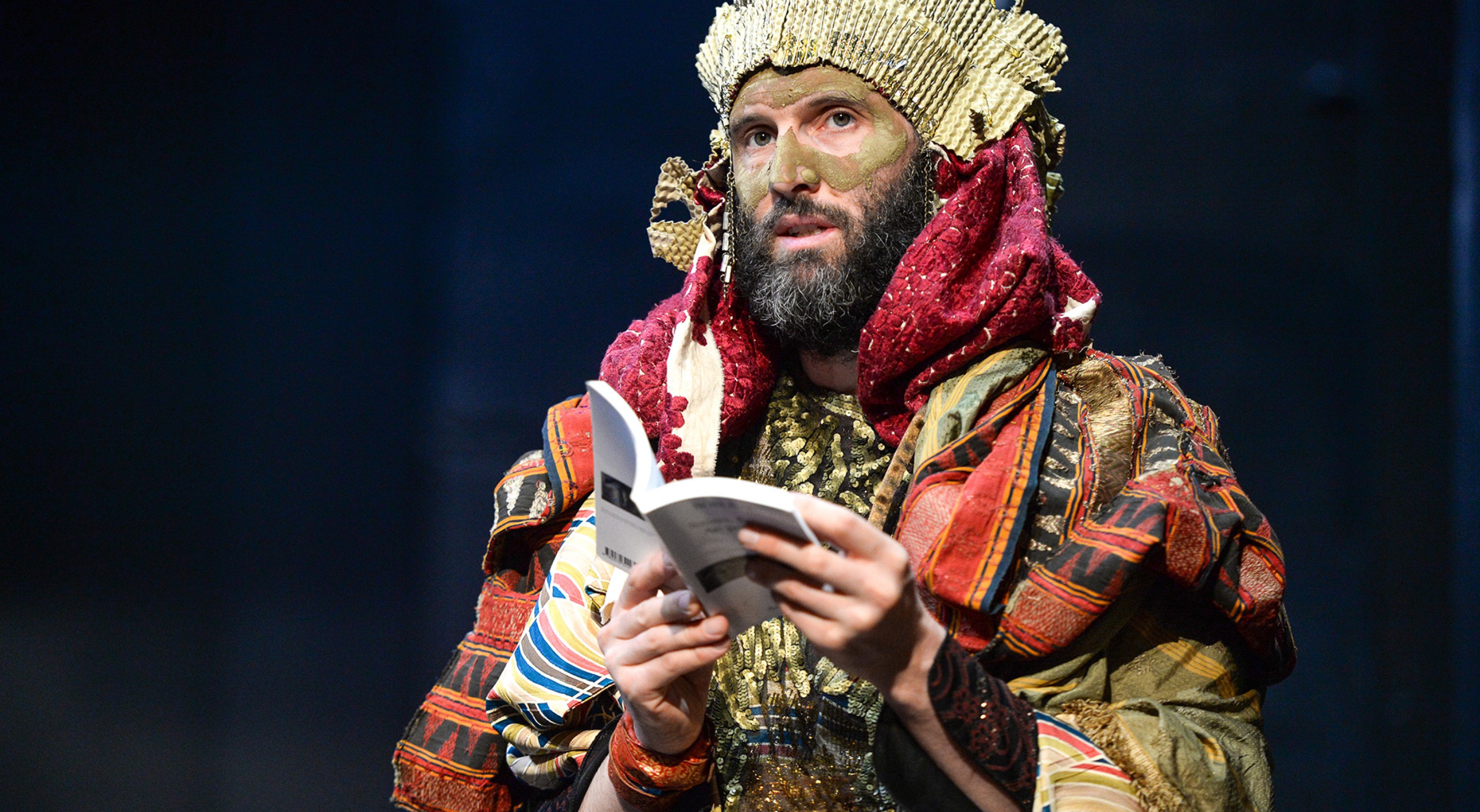Maxime Kurvers
La naissance de la tragédie
novembernov 23 - december – dec 23
Devised and directed by Maxime Kurvers
With Julien Geffroy and Caroline Menon-Bertheux
Costumes, Anne-Catherine Kunz
Lighting, Manon Lauriol
Rehearsal coach, Claire Rappin, Charles Zévaco
A production by La Commune centre dramatique national d’Aubervilliers ; and MDCCCLXXI (Paris)
A coproduction by Festival d’Automne à Paris
In association with La Commune centre dramatique national d’Aubervilliers ; and Festival d’Automne à Paris
With support from Ménagerie de verre (Paris) dans le cadre du Studiolab, de Montévidéo - Créations contemporaines (Marseille), du CND Centre national de la danse (Pantin), du Théâtre National de Strasbourg, for rehearsal place.
Maxime Kurvers is associate artist at La Commune centre dramatique national d’Aubervilliers.
First performance on 23 November 2018 at La Commune centre dramatique national d’Aubervilliers in conjunction with the Festival d’Automne à Paris
With this third piece, Maxime Kurvers pursues his research into the foundations of theatre. In a radical staging, in which the sole purpose of the playing space is to take us back to its primary purpose, the spoken word and the actor’s presence alone form the building blocks of this account from the tragic genre, stripped of all references to the spectacle and the spectacular.
Maxime Kurvers invites us to return to the genesis of theatrical art in order to make us more aware of the minimal conditions which make it possible. This production maintains the piece on this side of spectacle, before the different scenographic and dramaturgical elements subject to it a logic of effects, whether they be of the narrative, aesthetic or emotional kind. The simplicity of the staging organises the piece around a single, resolutely discursive, action: an actor or actress directly addressing the ephemeral community before him, that of the audience. The actor’s portrayal alone is enough to constitute a reenacted memory of tragic literature and to organise a history of western scenic art, conjured up from the first known tragic work, The Persians by Aeschylus. Into it, the performer incorporates both the prosaic description of its first representation, in 472 B.C., and the affective appreciation of the mechanism of theatre, unchanged since its creation. Following in the wake of Peter Handke’s “spoken pieces” or Guy Debord’s “anti-films”, Maxime Kurvers, an inheritor of modernist theories and conceptual dance, views this beginning or starting point as an end in itself, an affirmation of his belief that the origins of tragedy do not necessarily lie in the illusion of the spectacle.
––––––
Estimated running time: 1h30
In the same place

